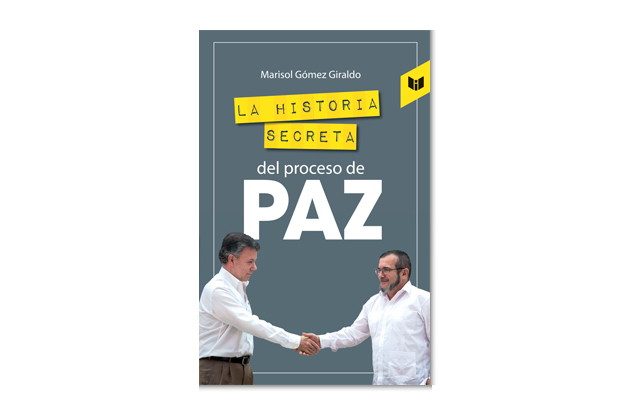In August 2010, three days into his first term as president, Colombia’s Juan Manuel Santos met for the first time with his Venezuelan counterpart, Hugo Chávez. Relations between their two countries had hit bottom during the administration of Santos’s predecessor, Álvaro Uribe. But now, in the city of Santa Marta on Colombia’s Caribbean coast, the two men seemed determined to mend ties. It was then that Santos first told Chávez he planned to start peace talks with the Revolutionary Armed Forces of Colombia (FARC), which for 50 years had waged war against Colombia’s democratically elected governments. “Count on my support,” Chávez responded. “This is the best thing that could happen to Colombia.”
The next six years would put that claim to the test. Between 2010 and 2012, meetings between the government and farc leadership took place across three continents and in absolute secrecy. Santos believed that if news of the talks were to leak, a public outcry would stop the process in its tracks.
But the secret was exposed in August 2012, when Uribe got whiff of the talks and accused the Santos administration of engaging the guerrillas behind the country’s back. It was an accusation that would define opposition to the talks to the very end. One month later, Santos confirmed that the negotiations were underway and well advanced, thanks in large part to the support of outside players, including Cuba, Norway, Venezuela and Chile.
In La Historia Secreta del Proceso de Paz, a succinct account of the six-year negotiations, Colombian journalist Marisol Gómez Giraldo, who covered the talks for Colombian newspaper El Tiempo, sheds light on the hidden aspects of the process, including the surprising role played by Venezuela’s Chávez in ensuring the guerrillas did not march out of the negotiating room. Rather than a thorn in the side of regional cooperation, Chávez, who died of cancer while in office in March 2013, comes across as a persevering conciliator with influence over veteran farc leader Rodrigo “Timochenko” Londoño.
Another key player was Santos’s older brother, Enrique, a left-wing intellectual and influential newspaper columnist, who served as a credible interlocutor with the guerrilla group. Several times when talks were at an impasse, Enrique Santos was sent to consult with Timochenko in a Havana mansion, assuming an informal role as the voice of reason.
Gómez’s book will not be the definitive account of the peace talks. While often engaging, it is a first draft of history, not least because it was released the day after a national plebiscite in which Colombians, asked to support or reject the terms of the agreement with the farc, voted against the accord by a razor-thin margin.
The book has been a remarkable bestseller in Colombia — in large part, one presumes, because it succeeds in providing some insight on a drawn-out negotiation process that was secretive by design. In his zeal to succeed, Santos was determined to avoid the circus that had surrounded prior peace attempts, in which talks between the government and guerrillas were sometimes broadcast live on national TV, allowing for outrageous grandstanding.
But the mantle of secrecy that surrounded this latest effort also sowed the seeds of mistrust among the population, prompting the rejection of the first version of the agreement and forcing the parties to return to the negotiating table. Though a final deal was approved by Colombia’s Congress on November 30, opposition to Santos’s peace process persists, and the tale told by Gómez Giraldo is far from over. Perhaps she should give her readers another chapter.
—
La Rotta is senior director of media relations for AS/COA. She writes a biweekly column for Colombian newspaper El Tiempo.





